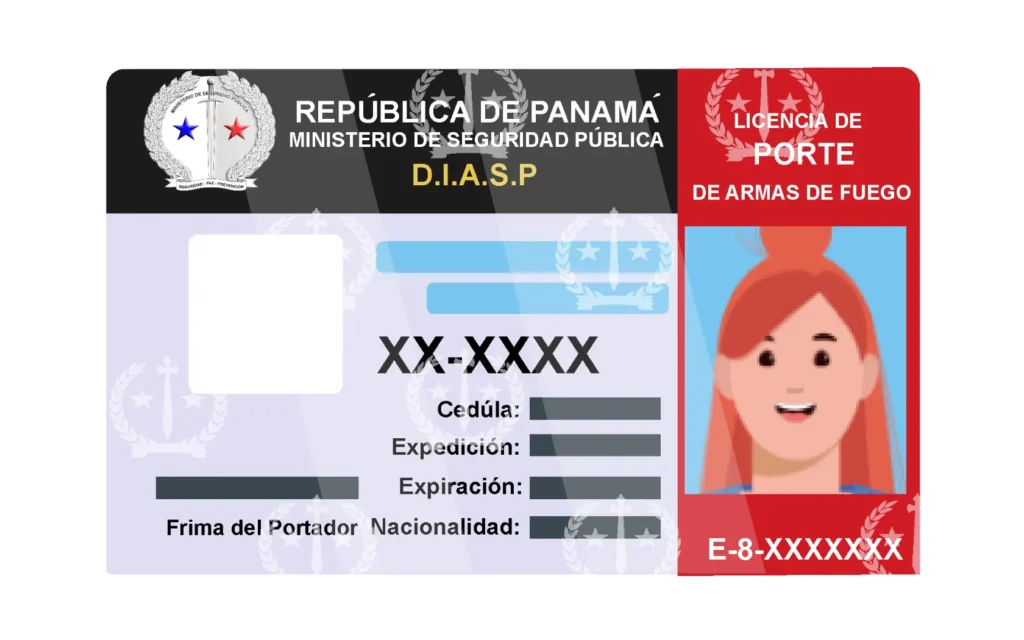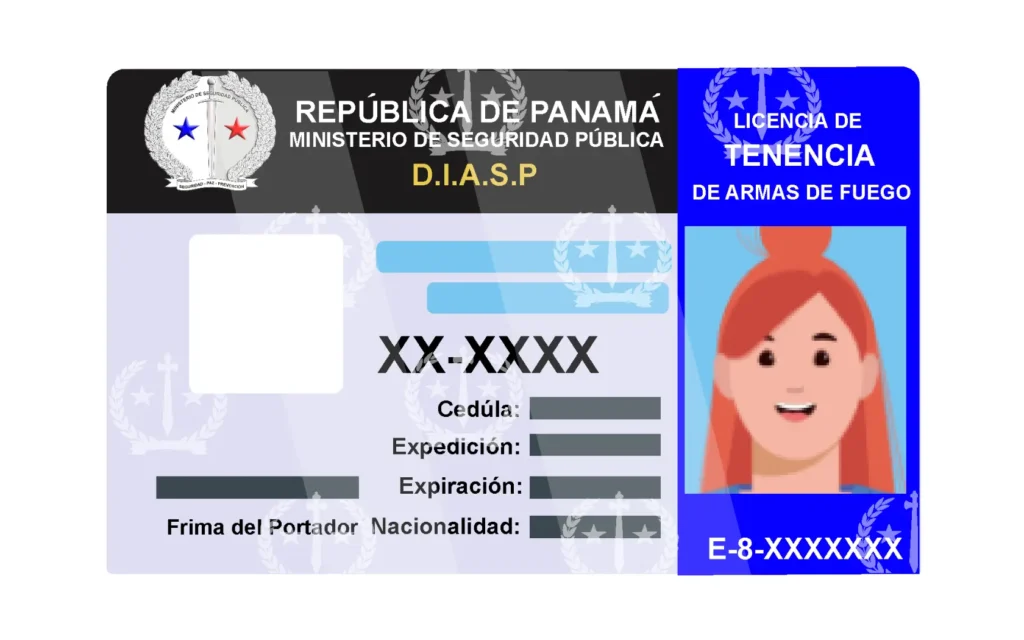Gun laws in Panama are designed to regulate firearm ownership through a meticulous process. To obtain a firearm in Panama, individuals must adhere to several critical requirements.

How can you get a gun legally in Panama?
Firstly, ownership mandates a permit, and this process is extended to expatriates as well.For expats in Panama seeking a firearm, financial stability is a key qualifying factor.
Those with a sound financial status are considered eligible for gun ownership. Moreover, legal residency is another crucial criterion. Expats with legal residency in Panama meet one of the prerequisites for acquiring a firearm.
Applicants must undergo a comprehensive evaluation, including a psychological assessment. This step ensures that individuals seeking ownership are mentally fit and responsible. Additionally, guns themselves are subject to scrutiny, as they must undergo ballistic testing. Applicants are also required to provide a DNA sample, enhancing the identification and tracking of firearms.
The Panama police play a pivotal role in the application process by conducting thorough background checks. This step helps verify the applicant’s history and ensures that the individual is suitable for firearm ownership. The entire process, from application to approval, typically takes approximately 3 to 6 months.
Requirements for owning a gun in Panama.
Getting a gun legally in Panama requires a permit, which can be obtained by following these steps:
- You need to be a legal resident of Panama (not a tourist) and have a bank account in Panama.
- You need to go to a gun store with proof of residency and select a gun and pay for it.
- You need to urinate in a cup at the gun store, which will be tested for drugs.
- You need to fill out the form provided by the Judicial Investigation Department and submit a Public Registry Certificate in original.
- You need to get a psychological evaluation and a finger prick blood test to provide a DNA sample.
- You need to submit your gun for a ballistic test, which will be recorded by the authorities.
- You need to give permission for a background check by Panama police.
- You need to pay the corresponding amount in the Banco Nacional for the right; the amount will vary depending on the number of years the permit is valid.
The whole process can take about 3 to 6 months to complete. Once you have a permit, you can carry a concealed gun, but not in banks, bars, nightclubs, and certain other financial or government buildings
Importing guns to Panama
Importing guns to Panama is possible, but it involves a lot of paperwork and fees. You need to apply for an importation permit, which requires the same documents and tests as a gun permit. You also need to export your guns legally from your country of origin, and ship them to Panama by a licensed carrier.
Your guns will be stored in a warehouse until you complete the permit process, which can take up to a year. You will also have to pay a luxury tax and a duty tax on your guns before they are released by customs.
Some people may find it easier and cheaper to buy guns in Panama, where they cost about 50% more than in the US.
Types of firearms allowed by laws
According to the gun laws in panama, the types of firearms that are allowed in Panama are:
- Handguns, such as Glocks, semi-automatic handguns, and revolvers
- Rifles, such as semi-automatic rifles and short barreled rifles
- Shotguns, such as sawed off shotguns
However, fully automatic weapons and military-style firearms are prohibited. You can also have hi-capacity magazines, high speed bullets, and hollow point bullets in any type of gun, as long as they are not armor piercing.
To own any of these firearms, you need to obtain a permit from the Ministry of Public Security, which requires a lot of paperwork and tests. You also need to register your firearms and renew your permits periodically.
Carrying concealed guns
It’s essential to note that Panama’s gun laws specify that if you choose to carry a gun, it must be concealed. This requirement underscores the emphasis on discreet and responsible firearm possession, promoting a balance between individual rights and public safety.

Gun license
Panama has its own gun laws that are different from the United States and Canada. You need a permit to carry a gun in Panama, and you can only carry it hidden. You cannot show your gun in public or take it to some places like banks or bars.
If you live in Panama, you should take care of your security and your family’s security. You can use a home security system and join a community safety group. You should also respect the Panamanian culture and how they see guns. Do not break the gun laws or you could get in trouble with the police.
You should teach your family about how to be safe with guns and what to do in an emergency. You should make sure they know the rules and the risks of having a gun in Panama. This way, you can help them be prepared and responsible.
Conclusion
Just remember, handling guns responsibly is a big part of looking out for your family. If you’re thinking about getting a gun in Panama, it’s a good idea to talk to legal experts for advice.
They can help you make smart choices to keep your family safe and sound. Keep in mind that using guns in Panama is not recommended at all.